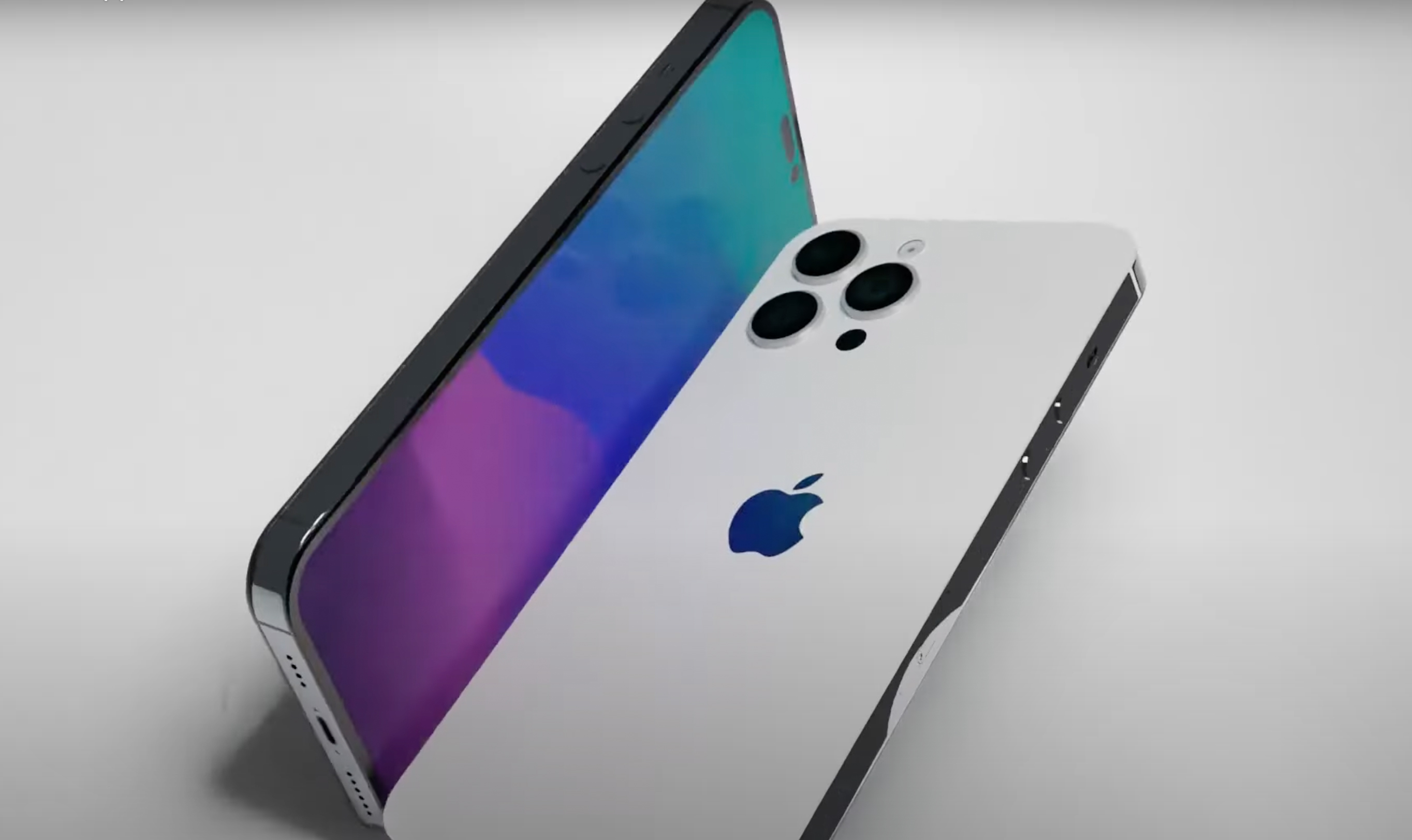
Update: Don't expect in-screen Touch ID on the iPhone 14, or any future iPhone flagship for that matter, since a new rumor claims APple has pulled all engineers off the project to work on notchless Face ID
Much like past iPhone products, Apple is certain to tout the iPhone 14 as an ideal handset for businesses, with increased security measures over Android. The veracity to Cupertino's privacy claims are still somewhat suspect when compared to Android, but one area where Google has excelled has been in offering consumers increased SIM choices.
That could be about to change. An analyst report claims that the iPhone 14 could see increased eSIM and dual SIM functionality for certain models, making it a more attractive option to business users and travelers.
According to Emma Mohr-McClune at GlobalData, as reported by 9to5Mac, "an eSIM-only iPhone was always a question of 'when,' not 'if’—but, so far, there has been insufficient consideration as to ‘how.'"
For the uninitiated, eSIM, or embedded SIM, is a digital version of the tiny SIM cards that sit inside many phones. The SIM, or subscriber identity module, is usually required on GSM, LTE and 5G devices. The chip holds key customer ID data and helps phones connect with mobile networks. The eSIM takes that same SIM technology and embeds it on to the motherboard itself; eSIMs are also reprogrammable via software.
According to Mohr-McClune, Apple likely won't do away with standard SIM cards all at once, like it did with the iPhone charger when the iPhone 12 came out.
"We don’t believe that Apple will take the 'big bang' approach — getting rid of existing systems and transferring all users to eSIMs — but rather launch an eSIM-only variant of its upcoming new model — retaining the dual eSIM-plus-physical SIM slot model for the mass market and its key carrier channel," said Mohr-McClune.
Get instant access to breaking news, the hottest reviews, great deals and helpful tips.
So, in this sense, Apple may offer a dual-SIM variant of the iPhone 14, one that will allow for one physical SIM card and one eSIM.
Still, why do some customers care about having two SIM cards? Well, in certain markets, multiple SIM cards allow one phone to have two separate phone numbers on two separate networks. This means that a business user can have an American eSIM as well as an international SIM card all on one iPhone without having to go constantly run into a carrier store and sign up for a new plan. Having two phone numbers also forgoes the need to carry two phones around. One phone can be both a personal and business device.
In many markets, Android phones are preferred for having two SIM card slots, as topping up a phone requires the purchase of a new SIM card every single month. This is most prevalent in markets where many people don't have credit cards or bank accounts where subscription dollars can automatically be withdrawn.
According to GlobalData, Apple's theoretical eSIM-only iPhone 14 will be on the "Apple channel" with "wireless data connectivity inside." This will be done in conjunction with existing cellular providers.
If Apple truly does want to jump all in on the eSIM game, then U.S. cellular providers will need to begin preparing networks. Right now, T-Mobile, AT&T and Verizon allow for eSIMs on their networks, but GlobalData believes telecom companies will need to improve the eSIM onboarding process.

Imad is currently Senior Google and Internet Culture reporter for CNET, but until recently was News Editor at Tom's Guide. Hailing from Texas, Imad started his journalism career in 2013 and has amassed bylines with the New York Times, the Washington Post, ESPN, Wired and Men's Health Magazine, among others. Outside of work, you can find him sitting blankly in front of a Word document trying desperately to write the first pages of a new book.
